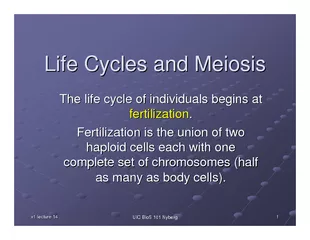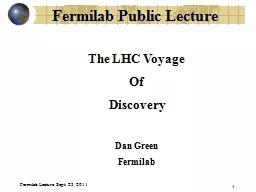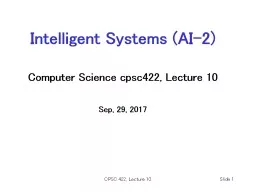PPT-Being Human: Lecture 3
Author : kittie-lecroy | Published Date : 2016-05-26
Famous Stories We Tell Ourselves part II The Scientific Revolution Def Scientific Revolution An term that describes a period in Western history in which the way
Presentation Embed Code
Download Presentation
Download Presentation The PPT/PDF document "Being Human: Lecture 3" is the property of its rightful owner. Permission is granted to download and print the materials on this website for personal, non-commercial use only, and to display it on your personal computer provided you do not modify the materials and that you retain all copyright notices contained in the materials. By downloading content from our website, you accept the terms of this agreement.
Being Human: Lecture 3: Transcript
Download Rules Of Document
"Being Human: Lecture 3"The content belongs to its owner. You may download and print it for personal use, without modification, and keep all copyright notices. By downloading, you agree to these terms.
Related Documents











![[EBOOK] BEING HUMAN BEING \'out of the village and into the jungle\': BOOK ONE](https://thumbs.docslides.com/1004067/ebook-being-human-being-out-of-the-village-and-into-the-jungle-book-one.jpg)

